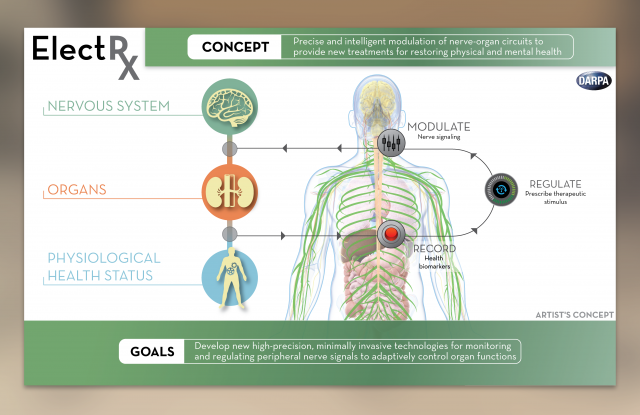PERFECTLY BUBBLY: Brands become content creators…
Posted in Branding, Marketing, Medien on July 11th, 2016 No Comments »
… and products advertisement for branded content.
From drinks to content: Pepsi invests heavily in content production – not as mere branded content for advertising their branded bubbly drinks, but as a business model that leverages the popularity of the brand. The drink is the product consumers pay for. While media houses pay for branded content, which consumers like all along with the drinks. The drink becomes an advertisement for the content and the other way around.
PepsiCo, the food and beverage manufacturer, believes its new in-house studio – called the Creators League – could soon help its major brands “fund their own marketing” by selling content to media companies.
From the marketing newsletter warc. The article is citing Brad Jakeman, President/Global Beverage Group at PepsiCo:
“My ultimate goal is for our billion-dollar brands to actually fund their own marketing, so that we leverage the equity of the brand to produce content which we then sell [and] which we can then put back into the marketing for those brands …
As hinted at by these provisional figures, the Creators League has the potential to turn PepsiCo into a significant seller of media, not just a buyer of it. …
One part of the content centre is actually leveraging our brands to produce content, which we then sell to media platforms…
And it’s a very interesting thing, because it changes the relationship we have with the media from people to buy media to a company that sells content…
Some of those brands – like Pepsi, and Doritos, and Gatorade – are really themselves enormous platforms for content”
That process is facilitated by the financial muscle and unique marketing assets possessed by PepsiCo’s slate of billion-dollar brands, according to Jakeman.
Welcome to the world of brave new branding. How to de-brand this complete pervasion / perversion?
Source: “PepsiCo’s new content model” on warc.com
UPDATE:
0)
Brad Jakeman, President/Global Beverage Group at PepsiCo,
http://www.warc.com/LatestNews/News/EmailNews.news?ID=37048
“Instead of five pieces of content a year, a brand like Pepsi needs about 5,000 pieces of content a year,” he said.
1)
Dana Anderson, SVP/CMO of Mondelez International – the owner of brands such as Oreo cookies, Honey Maid graham crackers and Trident gum – discussed this topic at the 2016 Cannes Lions International Festival of Creativity. “The thought is: If we like to make ads that we think are so wonderful and people would like to watch, why don’t people have to pay to watch? Can you make content that’s great enough for somebody to pay to watch?” she said.http://www.warc.com/LatestNews/News/EmailNews.news?ID=37157
2)
Niantic CEO John Hanke told the Financial Times earlier this week that monetisation options included “sponsored locations“, with businesses paying the developer to become locations within the virtual game board – “the premise being that it is an inducement that drives foot traffic”.
And Redditors who have examined the game’s code claim that burger chain McDonald’s is already lined up as one of the first sponsors, with one telling Gizmodo “it looks like they’re going to hold a promo with McDonald’s which’ll turn them into all gyms”.
“Gyms” and “Pokéstops” are real-world places where players can spot and train Pokémon characters.
Some retailers are already utilising “lures” – which can be bought in the game to attract Pokémon characters to specific locations – to attract people to their stores.
One coffee chain franchise owner told Ad Exchanger that half of his locations had PokéStops in their geo-range. “We’ll be measuring the difference in foot traffic at certain times between those with lures and those without,” he said.
“I can tell you already though that at the locations where we have been keeping lures open all day, it’s the best ROI we’ve ever spent on marketing.”
https://www.warc.com/LatestNews/News/Retailers_tap_Pok_mon_Go.news?ID=37082
http://www.ft.com/cms/s/0/75942b12-48ba-11e6-b387-64ab0a67014c.html#axzz4FmVfEOQ2

